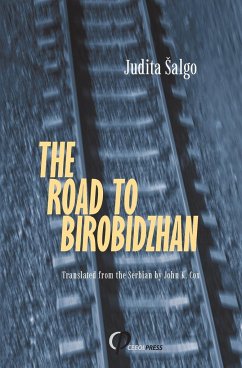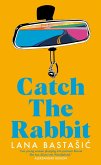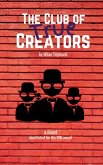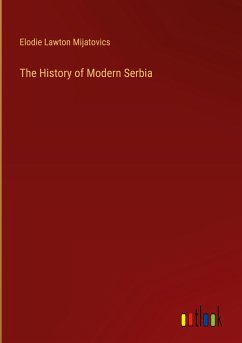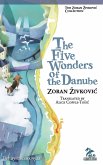. The novel is set between the years 1911 and 1954. The chapters are episodic and allow the reader to track the physical journeys and intellectual peregrinations of semi-fictionalized "historical" characters such as Bertha Pappenheim, Baron Edmond de Rothschild, Mikhail Kalinin, and Julius and Ethel Rosenberg. Most of the characters move in and out of Serbia at some point, where they interact with a large number of imaginary Serbian figures, and a number of scenes are set in Israel. The book's intellectual charge is aimed in four directions. First, it satirizes the male-dominated political sphere. Second, it critiques the idea of utopia and the necessary political, economic, and religious means (ideologies) for reaching a safe, necessary societal place and space. Third, ¿algo constantly calls into question the provenance and validity of nations and polities. And finally all roads seem to cross in Serbia, a place where concepts of west and east and north and south seem to have almost no meaning; this assertion undermines the logic of the Cold War but perhaps of other world orders as well. "Imagination, a dream world, needs food the same way people do. Thus the entire world will direct a portion of its wealth to the East, to the place for which the forest has departed. If anything exists for certain, it's that Birobidzhan, the land to which innocent reveries had been turned, is now swallowing every memory, life, love."

